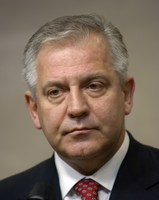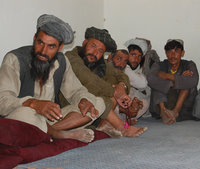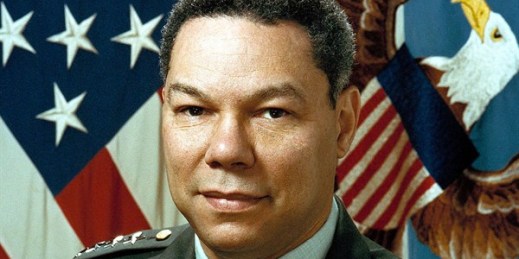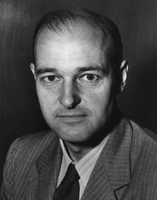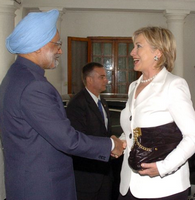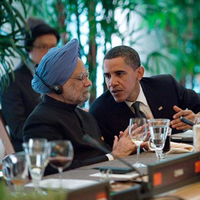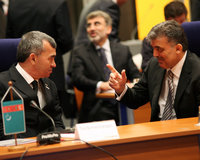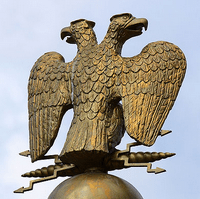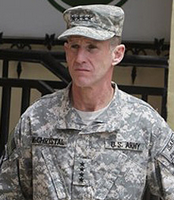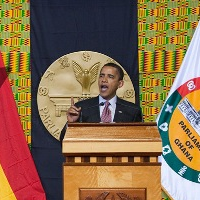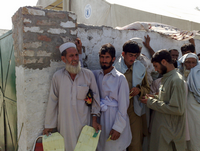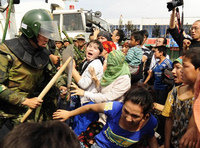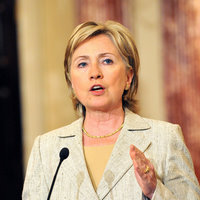
The Quadrennial Diplomacy and Development Review (QDDR) announced by Secretary of State Hillary Clinton on July 10 seems like a long overdue project for the State Department, which has lost ground in recent decades to the Department of Defense in steering U.S. foreign policy. But although initiating a review is a valuable undertaking, some observers say it will likely produce underwhelming results — for Clinton, for the State Department, and for U.S. foreign policy itself. Clinton’s plan is modeled on the Defense Department’s Quadrennial Defense Review (QDR). Mandated by Congress in 1996, the QDR is a study that outlines the […]

